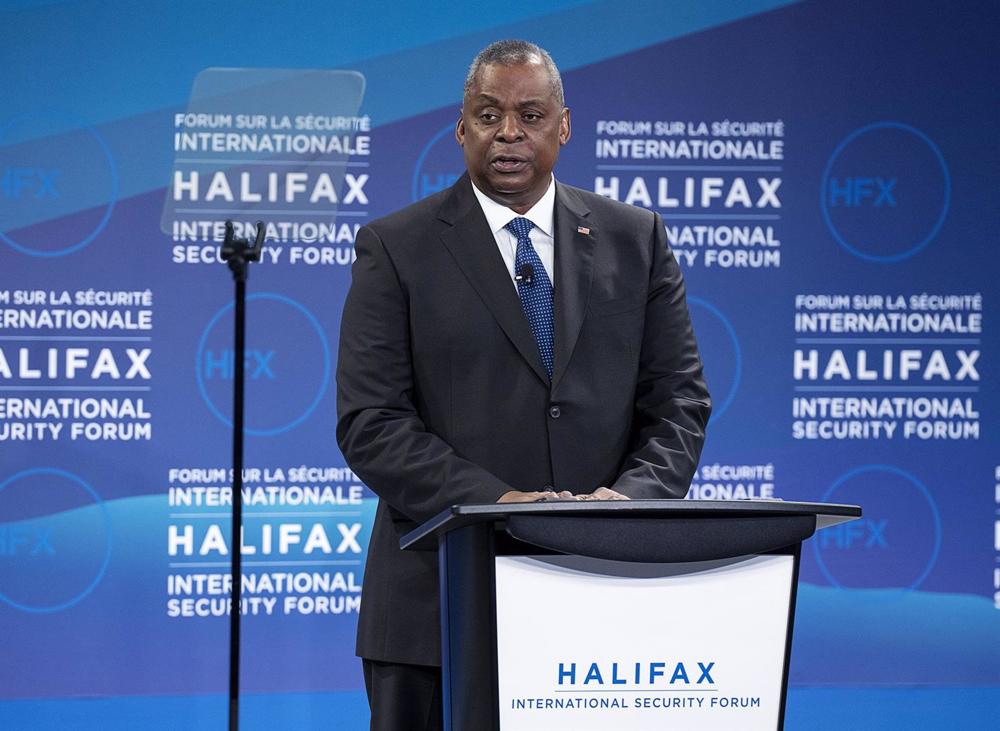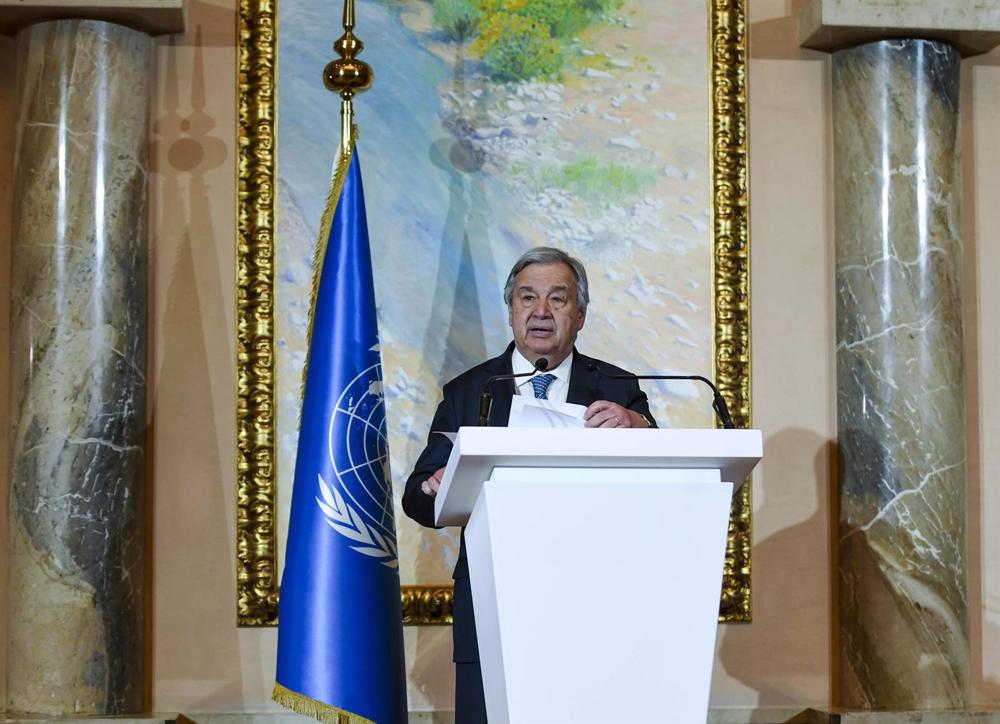
U.S. Defense Secretary Lloyd Austin on Tuesday pressed his Chinese counterpart, Wei Fenghe, to avoid «destabilizing actions» toward Taiwan, in what was the first bilateral meeting since House Speaker Nancy Pelosi’s visit to the island in August.
«The secretary reiterated that he remains committed to the ‘One China’ policy (…), reaffirmed the importance of peace and stability across the Strait (…), underscored his opposition to unilateral changes to the ‘status quo,'» Pentagon press secretary Pat Ryder said in a statement.
«He called on the People’s Republic of China — the country’s official name — to refrain from further destabilizing actions toward Taiwan,» Ryder reiterated after a bilateral meeting in Cambodia on the sidelines of a meeting of defense ministers of the Association of Southeast Asian Nations.
Austin and Wei discussed defense relations between Washington and Beijing, as well as regional and global security issues. In this regard, the US representative emphasized «the need to responsibly manage competition and keep the lines of communication open».
Thus, Austin stressed the importance of reducing strategic risk and improving crisis communications. However, he reaffirmed the country’s policy, assuring that the US «will continue to fly, sail and operate where international law permits».
The last time Wei and Austin spoke was in June in Singapore, when most of the conversation focused on Taiwan, the thorniest issue between the two sides. President Biden’s repeated statements that the US would defend Taiwan if attacked have alarmed Chinese officials over an alleged shift in US policy known as «strategic ambiguity,» in which Washington did not say how it would respond.
In addition, both politicians have commented on Russia’s invasion of Ukraine and North Korea’s launching of ballistic missiles.
Both Austin and Wei have taken positions against the use of nuclear weapons, as well as threats to that effect. While the Pentagon chief has urged Beijing to pressure its neighboring country to «comply fully with existing UN Security Council resolutions.»






